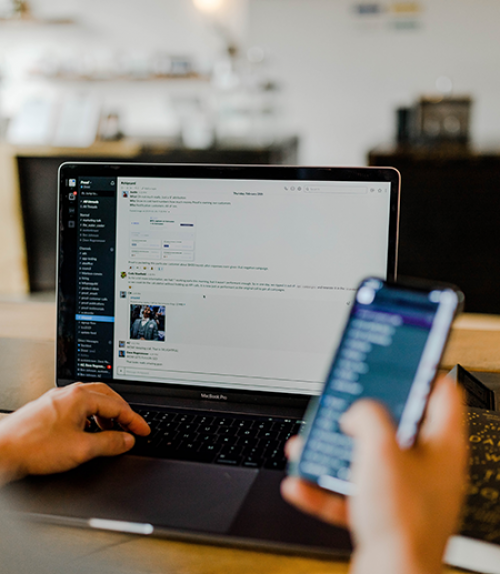In this Cornell Research article, the work of Marco Battaglini and his collaborator Eleonora Patacchini is explored through a discussion over social connections and their effects on policymakers and the economy.
“Our starting motivation for these projects was to try to understand how legislators make decisions and whether connections are a factor when they vote,” Battaglini explains. “But once you’ve addressed these abstract general questions, they can have implications in other contexts. If you know how to estimate social connections using observables, you can use that to predict social connections in many different situations. For instance, banks interact by lending money to each other and so forth. If we have a banking crisis, these connections may actually help propagate shocks, so knowing about them may help predict how the shock on one bank may affect another bank.”




